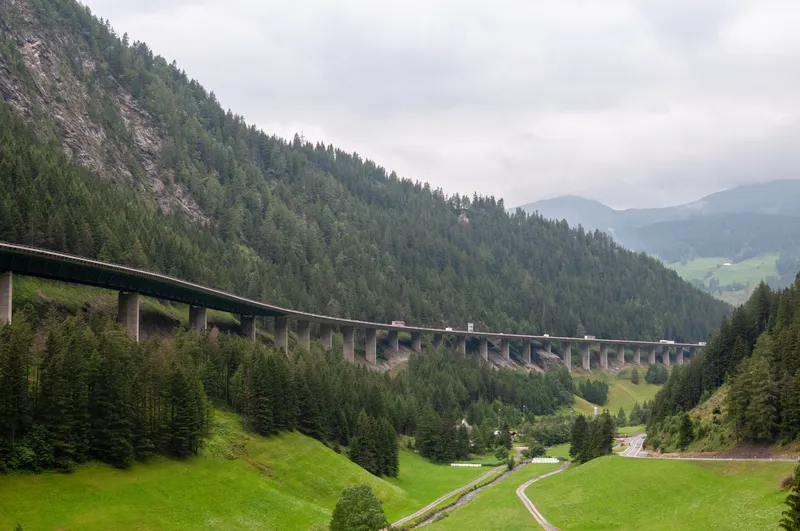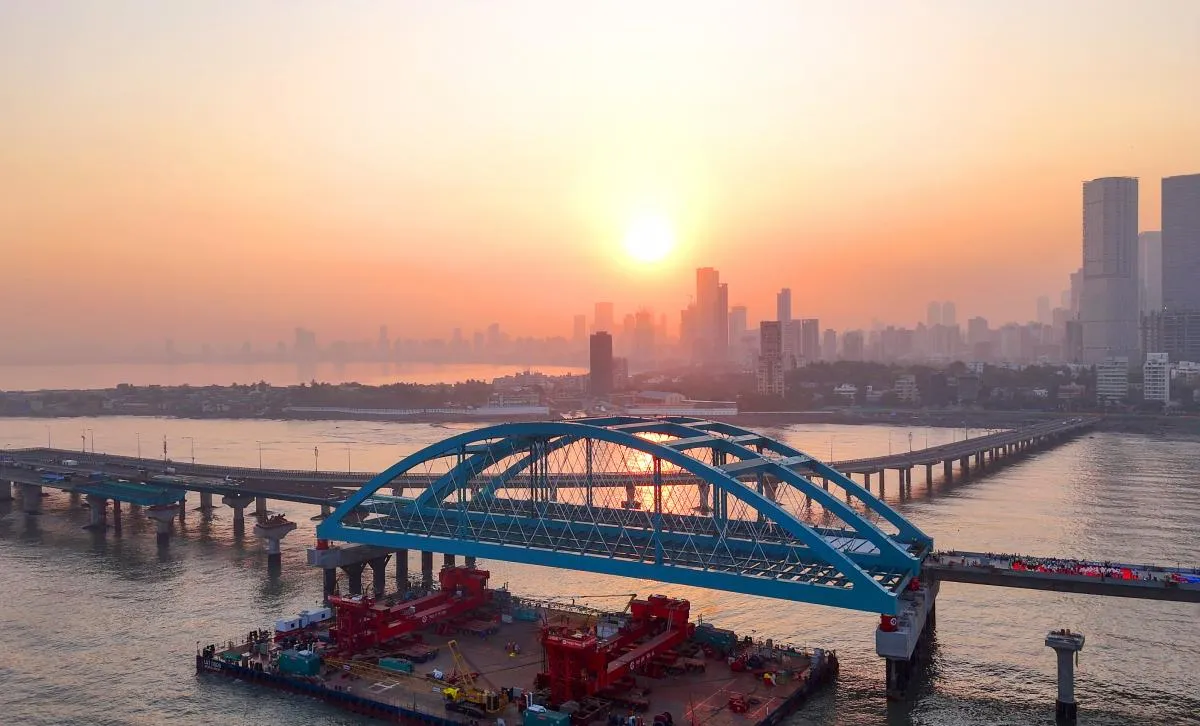A proposed bridge across the Kattegat Sea in northern Europe would be cheaper for the Danish government than previously expected, according to an engineering report.
The bridge between Denmark’s Jutland and Zealand islands would need around €2.02 billion in government subsidies, noted the report from Danish engineering consultancy Rambøll.
A previous report from the Ministry of Transport concluded that subsidies would have to be around €6.85 billion and need to be financed by loans. This caused the mi
May 9, 2016
Read time: 3 mins
A proposed bridge across the Kattegat Sea in northern Europe would be cheaper for the Danish government than previously expected, according to an engineering report.
The bridge between Denmark’s Jutland and Zealand islands would need around €2.02 billion in government subsidies, noted the report from Danish engineering consultancy Rambøll.
A previous report from the Ministry of Transport concluded that subsidies would have to be around €6.85 billion and need to be financed by loans. This caused the ministry to shelve the planning process for the bridge which would have been open by 2030.
The Kattegat is a shallow 30,000km2 sea between Denmark and Sweden’s southwest coast. It can be very difficult and dangerous to navigate because of many reefs and shifting currents. Nonetheless, the Kattegat is an important commercial navigation passage as well as a popular summer vacation area.
The proposed Kattegat Bridge – in effect, two sections – would cover 35km to link Jutland and Zealand and possibly have a rail line.
The ministry’s report expected average traffic growth would be 1.25% annually between 2020 and 2030, with loan rates or around 3%.
However, Rambøll’s assessment is based on traffic increases of around 2.2% annually and loan interest rates or 2%.
A new bridge would take some of the traffic from the nearby and often heavily congested Great Belt Fixed Link between the Danish islands of Zealand and Funen. The Great Belt consists of three structures: a road suspension bridge and a railway tunnel between Zealand and the small island Sprogø located in the middle of the Great Belt, and a box girder bridge for both road and rail traffic between Sprogø and Funen.
An earlier report by6801 Ramboll, in July 2007, found that 60% of peope in a poll favoured construction of a bridge over the Kattegat, up from 47% earlier that year. Ramboll also commented at the time that people were “much more positive about a Kattegat project than the proposed Fehmarn Bridge”, according to a report by the Copenhagen Post newspaper.
The Fehmarn Belt Fixed Link will connect the German island of Fehmarn with the Danish island of Lolland. A 17km tunnel, including two railway tunnels, two motorway tunnels and an emergency tunnel, will cross the Fehmarn Belt, or Fehmarn Strait, in the Baltic Sea. Both governments are putting the project together.
The Danish political parties behind the Fehmarnbelt link have mandated4782 Femern A/S to appoint preferred bidders for the main tunnel work in order to enter into conditional contracts no later than mid-May.
Femern A/S is the Danish government-owned company managing the Fehmarn Belt immersed tunnel project between Denmark and Germany. It is supposed to be built, owned - apart from the German land works - and operated by Femern A/S, a subsidiary of Sund & Bælt Holding, and financed by loans guaranteed by the Danish government.
The bridge between Denmark’s Jutland and Zealand islands would need around €2.02 billion in government subsidies, noted the report from Danish engineering consultancy Rambøll.
A previous report from the Ministry of Transport concluded that subsidies would have to be around €6.85 billion and need to be financed by loans. This caused the ministry to shelve the planning process for the bridge which would have been open by 2030.
The Kattegat is a shallow 30,000km2 sea between Denmark and Sweden’s southwest coast. It can be very difficult and dangerous to navigate because of many reefs and shifting currents. Nonetheless, the Kattegat is an important commercial navigation passage as well as a popular summer vacation area.
The proposed Kattegat Bridge – in effect, two sections – would cover 35km to link Jutland and Zealand and possibly have a rail line.
The ministry’s report expected average traffic growth would be 1.25% annually between 2020 and 2030, with loan rates or around 3%.
However, Rambøll’s assessment is based on traffic increases of around 2.2% annually and loan interest rates or 2%.
A new bridge would take some of the traffic from the nearby and often heavily congested Great Belt Fixed Link between the Danish islands of Zealand and Funen. The Great Belt consists of three structures: a road suspension bridge and a railway tunnel between Zealand and the small island Sprogø located in the middle of the Great Belt, and a box girder bridge for both road and rail traffic between Sprogø and Funen.
An earlier report by
The Fehmarn Belt Fixed Link will connect the German island of Fehmarn with the Danish island of Lolland. A 17km tunnel, including two railway tunnels, two motorway tunnels and an emergency tunnel, will cross the Fehmarn Belt, or Fehmarn Strait, in the Baltic Sea. Both governments are putting the project together.
The Danish political parties behind the Fehmarnbelt link have mandated
Femern A/S is the Danish government-owned company managing the Fehmarn Belt immersed tunnel project between Denmark and Germany. It is supposed to be built, owned - apart from the German land works - and operated by Femern A/S, a subsidiary of Sund & Bælt Holding, and financed by loans guaranteed by the Danish government.







